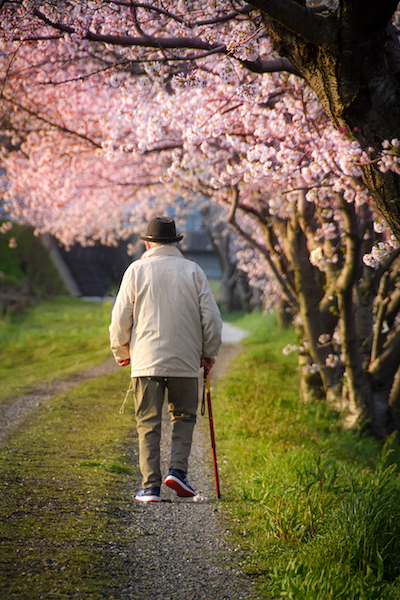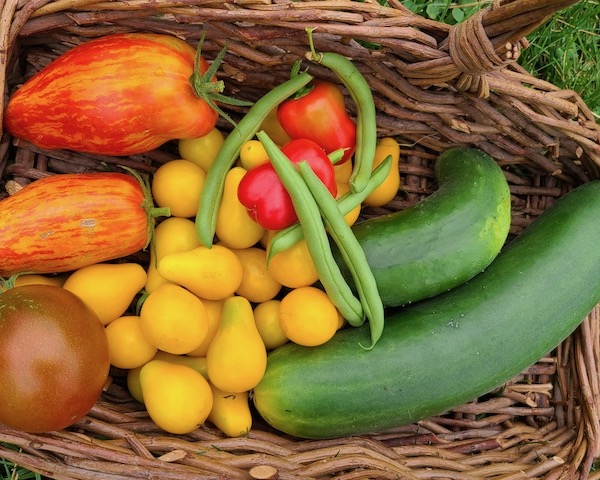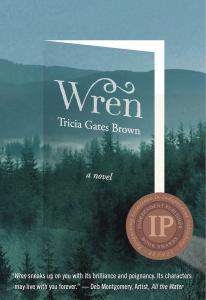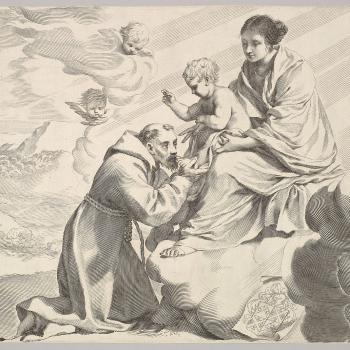
In a guestroom, I have a little wooden plaque that says, “Just live your little life.” I like this admonition. I also need it.
Most of us do have little lives. Not unimportant or trivial lives, but lives that don’t rock the world. There are the powerful, influential people who usher in movements or manage large organizations or invent cures or other inventions. There are even the select few who are well-known as creatives or politicians or businesspersons. Then there are the rest of us. Yet with the clamor of TV and social media constantly filling our feeds with famous, glamorous, powerful, high-profile people, we might think it’s normal to stand out. When in fact, the stand outs require a whole field of wallflowers. Most of us will always be wallflowers. Wallflowers are “normal.”
I recently read three autobiographies of creators I admired. I enjoyed the books or I wouldn’t have read them; but in each case, the stories seemed at times a litany of important people. Like the storytellers were compelled to mention every influential person who paraded through their lives and living rooms over the course of years. But to my ears, the litanies grew wearisome. I preferred the quiet stories, the quiet encounters that marked these very human lives. Ultimately, life is composed of the quiet movements.
In our lectionary reading last Sunday, we saw that while people swarmed around Jesus and the apostles in expectation of healing and teaching, Jesus tried to make space for he and his apostles to get away, to rest and recharge themselves. In that reading, they were generally unsuccessful. Looking at the crowds with compassion, Jesus reached out to the people following after him, ministering to their needs one after another, even though he and the disciples were tired and hungry. But in other stories, Jesus did steal away to the desert, or to other quiet places to pray, encouraging his followers to also take time for nourishment and rest.

Just Live Your Little Life
This is a portrait of Sabbath and its practicality. The practice of Sabbath is about balance and nourishment, about enabling us to continue doing the work God designed us for, because we aren’t overdoing. Sabbath is about living our little lives and not trying to live the life of anyone else. It is about realizing that we have limits and boundaries we must operate within. When we manage to stay within these perimeters, we’re better able to use our gifts and energies to assist others and to connect with the joy of simply being.
Occasionally we go through seasons where we must overdo. When we have little choice in the matter. Maybe we’ve had a new baby, or we have a family member who is sick, or we have other such obligations that we cannot avoid. But these seasons should be just that—seasons, not our whole lives. Lives should be “to scale,” meaning they should fit within the perimeters of our energy and what keeps us healthy and balanced and well. This is what Sabbath is about.
Jesus made space for solitude and rest. His disciples clearly needed this too. Repeatedly Jesus modeled for us that it is okay to step away and take care of ourselves. The ebb and flow of activity that characterizes Sabbath and non-Sabbath are about this grace, this balance.
Wren, winner of a 2022 Independent Publishers Award Bronze Medal
Winner of the 2022 Independent Publisher Awards Bronze Medal for Regional Fiction; Finalist for the 2022 National Indie Excellence Awards. (2021) Paperback publication of Wren , a novel. “Insightful novel tackles questions of parenthood, marriage, and friendship with finesse and empathy … with striking descriptions of Oregon topography.” —Kirkus Reviews (2018) Audiobook publication of Wren.


















